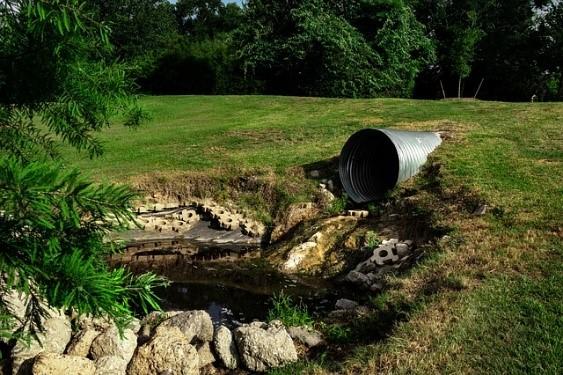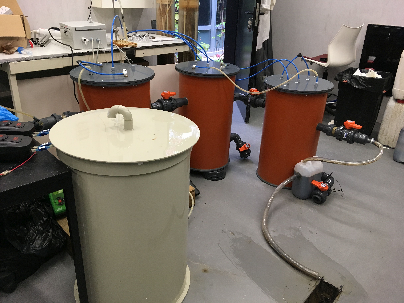Internationale Partnersuche
Innovation & Technologie Angebot
Unplugged low maintenance wastewater treatment plant for small towns
Country of Origin: Spain
Reference Number: TOES20210225001
Publication Date: 26 February 2021
Summary
Researchers from a Spanish University have developed a facility for the purification of wastewater suitable for small towns, offering an economic and environmentally sustainable solution, with multiple advantages. The partnerships sought are: commercial agreement with technical assistance, license agreement and manufacturing agreement. The desirable partners could be other research organization, private companies or government administrations.
Description
The Spanish research group has a wide experience in wastewater treatment and environmental engineering, and belongs to a medium-sized Spanish university founded in 1994, housing others 76 research groups more. The University has been very active in several Research & Innovation European Programmes (H2020 and previous FPs, LIFE, Justice, ERASMUS+, Interreg, COST, LLP, IEE, Research Fund for Coal and Steel, D. G. for Competition Policy and Strategy, Science for Peace and Security Programme-OTAN…) with over 50 European projects; with the role of coordinator in 22 projects and over 8.4 M€ overall EU funding received. Currently, this University participates in 26 on-going projects (in 12 of them as coordinator) in 8 different EU programmes with an average of 1.7 M€ of EU funding in the last 4 years.
The wastewater treatment plant is easy to construct and operate. It is an optimal solution for the small towns (municipalities with less than 500 inhabitants) that in the case of Spain, represents the 47% of the total number.
One of its main advantages is that it does not need electricity consumption for its operation and it has very low maintenance costs. In addition, it offers the possibility of using the biogas generated and can be easily adapted to the problems of small towns in each national territory.
A particularity of this facility is that it allows its adaptation to a multi-stage installation. Four successive stages connected in series, allows a considerable improvement in the physical-chemical quality of the water treated in the plant.
The wastewater treatment installation is based on the use of multi-stage hybrid anaerobic reactors, made up of four successive stages connected in series, where the first three of these successive stages are configured as a hybrid anaerobic reactor, the last stage operating as a decanter. The latter favors the retention of particles that can escape from the first three stages, improving the quality of the treated water. Regarding to the economic advantages, the plant allows to obtain an efficient wastewater treatment system, with high performance of the physical-chemical quality of the treated water and very little sludge production.
Potential applications of the installation are as follow:
- Wastewater treatment in small population centers.
- Economically efficient wastewater treatment.
- High physical-chemical quality of the treated water.
The researcher group is interested in international cooperation under commercial agreement with technical assistance, license agreement and/or manufacturing agreement, with other research organization, private companies or government administrations.
In addition, the research group offers tests of new applications and/or adaptation to specific needs and the possibility of further development.


Advantages and Innovations
The main innovations and advantages of this wastewater treatment plant are:
• Anaerobic digestion allows organic matter to be converted into biogas, a renewable energy source that can be used to generate energy in the form of heat or electricity.
• A pumping system is not necessary to circulate the water from one stage to another, but the natural unevenness of the terrain is used.
• Ease of installation and low maintenance needed.
• Higher percentages of organic matter reduction, in addition to retaining non-sedimentable solids.
• The use of anaerobic digestion avoids the need to aerate the water with blowers or air pumps.
• Less sludge production (compared with aerobic wastewater treatment systems), prolonging the operating period of the installation without the need for purge sludge to prevent its collapse.
Stage Of Development
Already on the market
Requested partner
Commercial agreement with technical assistance
- Type: basic chemical companies, other industries or government administrations.
- Activity: private companies or municipalities.
- Role: installation of a wastewater treatment plant.
License agreement
- Type: research organization and industries.
- Activity: private companies or municipalities.
- Role: installation of a wastewater treatment plant.
Manufacturing agreement
- Type: industries, public institutions.
- Activity: private companies or municipalities.
- Role: manufacturer production of a wastewater treatment plant.
Kooperationsanfrage stellen

